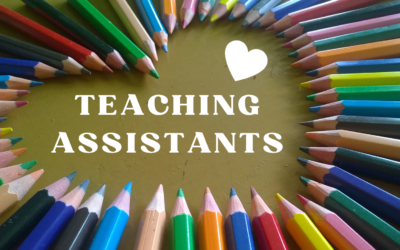In order to make any sort of real difference, the ambitions set out in the SEND Green Paper must become a reality. Every child and young person, must have access to a high-quality education that is driven by high aspirations and inclusion. The continued inequalities between learners with SEND and their peers must be addressed. We all share the vision for a stronger national system to support children with SEND and their families, but it can only be through real change that improvements in attainment, attendance, exclusion numbers, family satisfaction in provision, preparation for adulthood, mental health and ultimately success in higher education, employment and independent living can become a reality.
The Paper recognises that the postcode lottery around securing an education, health and care Plan (EHCP) must be urgently addressed. The EHCP process needs to be more flexible with less red tape. Parents and carers must be supported to make informed decisions. These proposals to strengthen accountability across the education, health and care systems, supporting it to be more transparent and consistent, will bolster confidence – they need to move beyond the proposals stage. Parents/carers will need a great deal of ongoing reassurance that they will no longer be gaslighted or beaten into submission by an unfit system.
We welcome the aspiration to resolve the inequalities in funding for pupils with SEND, and those with additional needs. These inequalities currently lead to the ‘postcode lottery’ of vital therapeutic services – regular, ongoing assessments, speech and language therapy, and mental health support for example. We welcome this aspiration to make the right services available at the right time for all.
On paper, the reforms set out by the proposals in the Green Paper show that they have the potential for developing an inclusive system, with inbuilt early intervention. A system that will provide similar services to all irrespective of type of school or postcode and which will be based purely on meeting individual need. For this reason alone, it can be seen as positive, but the reality lies with the implementation. Whatever happens, parents need to be (feel) supported rather than feeling that they are constantly battling and being gaslighted by the very systems that should be leading lights for their children.




